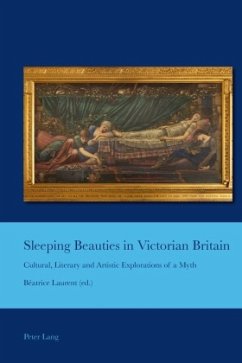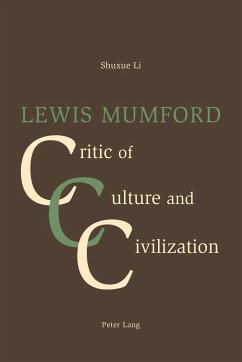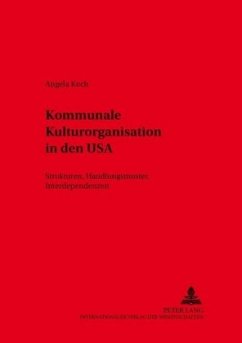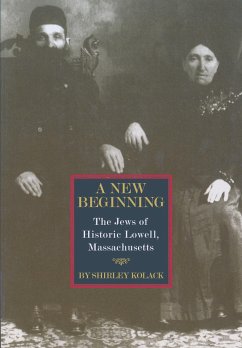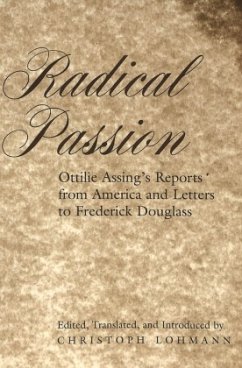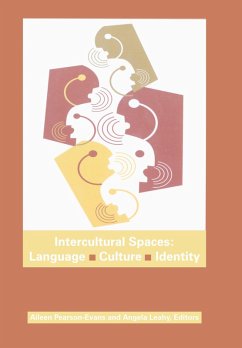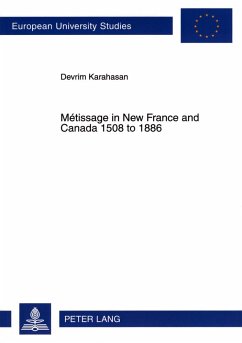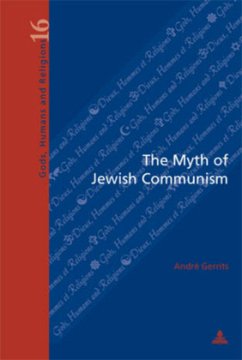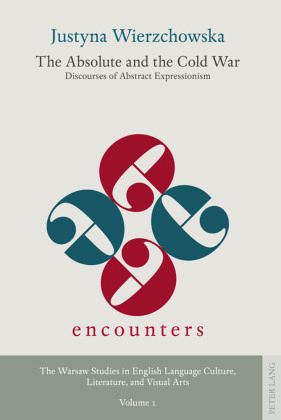
The Absolute and the Cold War
Discourses of Abstract Expressionism
Versandkostenfrei!
Versandfertig in 6-10 Tagen
57,75 €
inkl. MwSt.

PAYBACK Punkte
0 °P sammeln!
This book analyzes art criticism on Abstract Expressionism, lauded as "the triumph of American painting." It traces the ways in which the movement's meaning has been construed and constructed in reference to the changing cultural and political framework. Starting from the purely formal analyses of the 1950s and early 1960s, through the radical political statements of the late 1960s and early 1970s, until the later interpretations inspired mainly by gender and postcolonial studies, this book cuts across the domains of politics, philosophy and art criticism. The question of whether Abstract Expr...
This book analyzes art criticism on Abstract Expressionism, lauded as "the triumph of American painting." It traces the ways in which the movement's meaning has been construed and constructed in reference to the changing cultural and political framework. Starting from the purely formal analyses of the 1950s and early 1960s, through the radical political statements of the late 1960s and early 1970s, until the later interpretations inspired mainly by gender and postcolonial studies, this book cuts across the domains of politics, philosophy and art criticism. The question of whether Abstract Expressionism was a "path to the Absolute" or a "weapon of the Cold War" is inscribed into the larger debate concerning the links between culture and politics.



